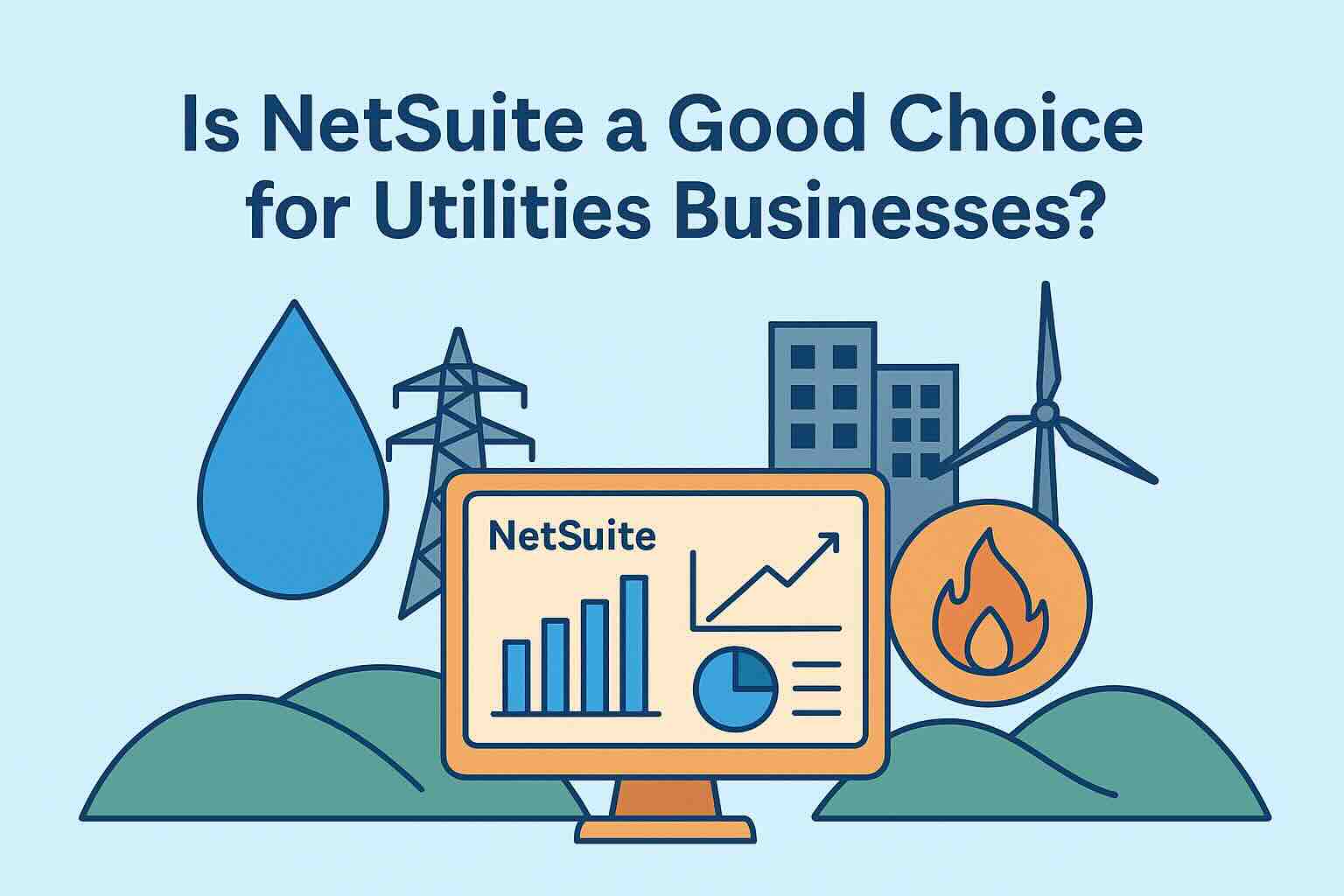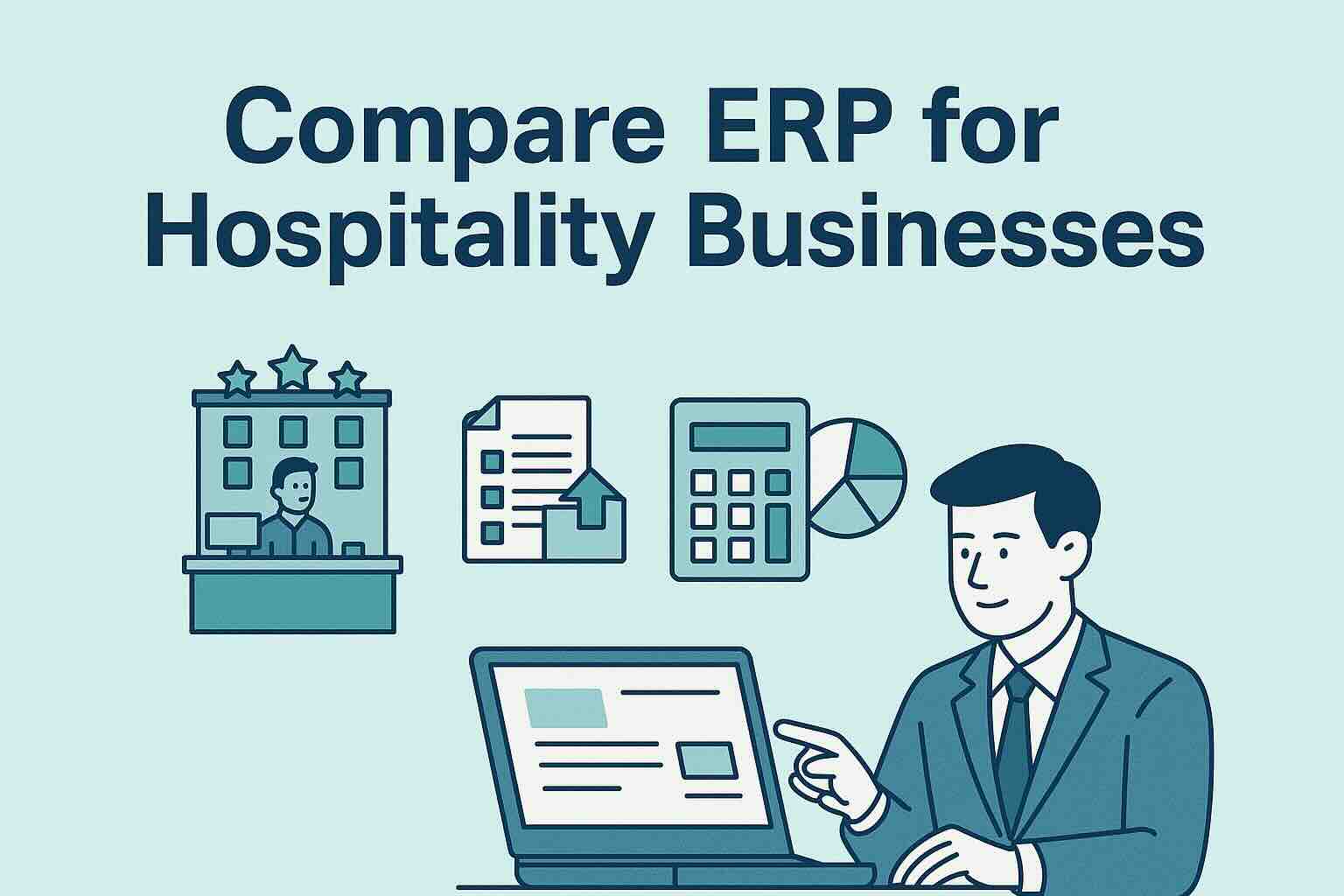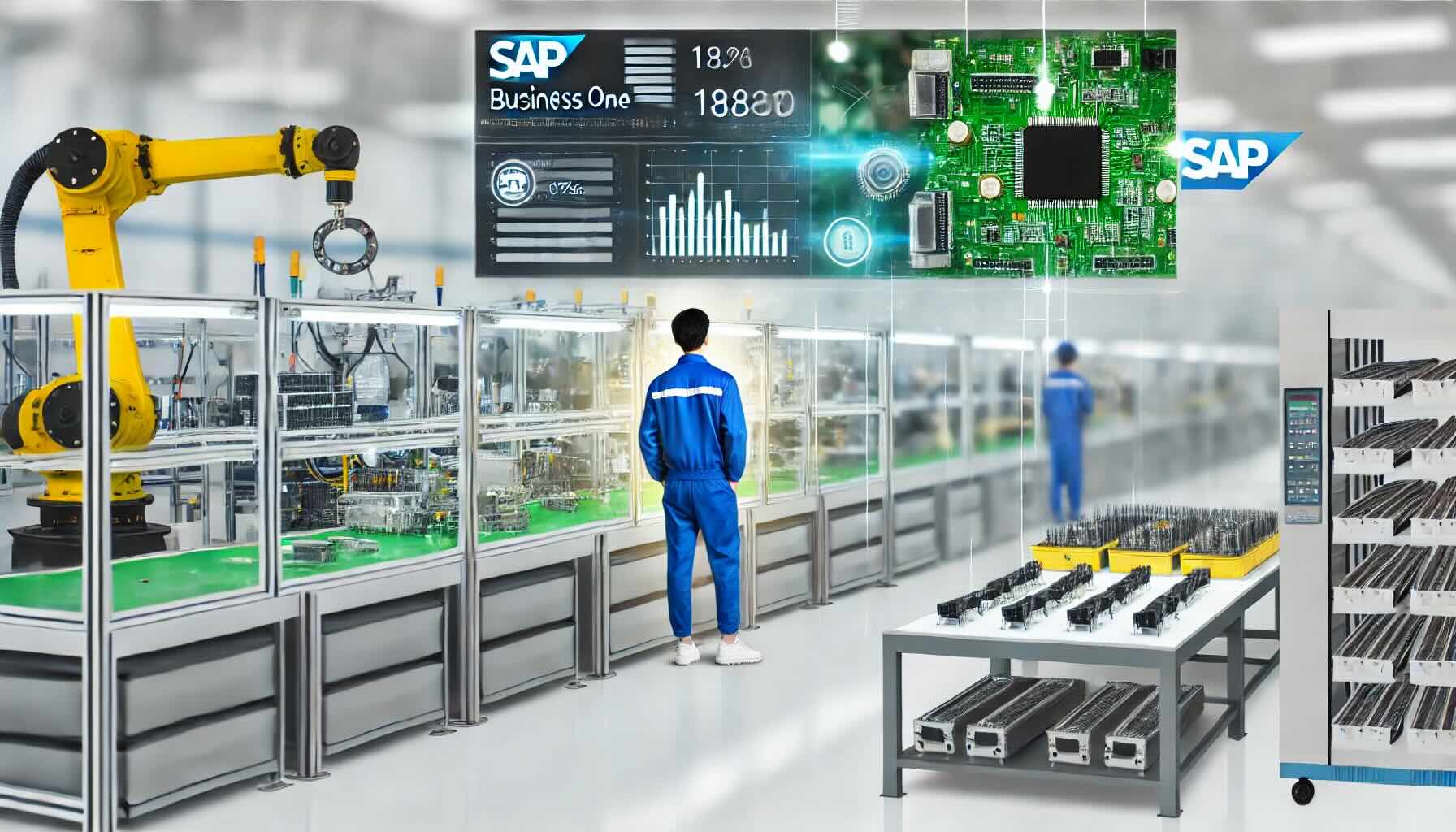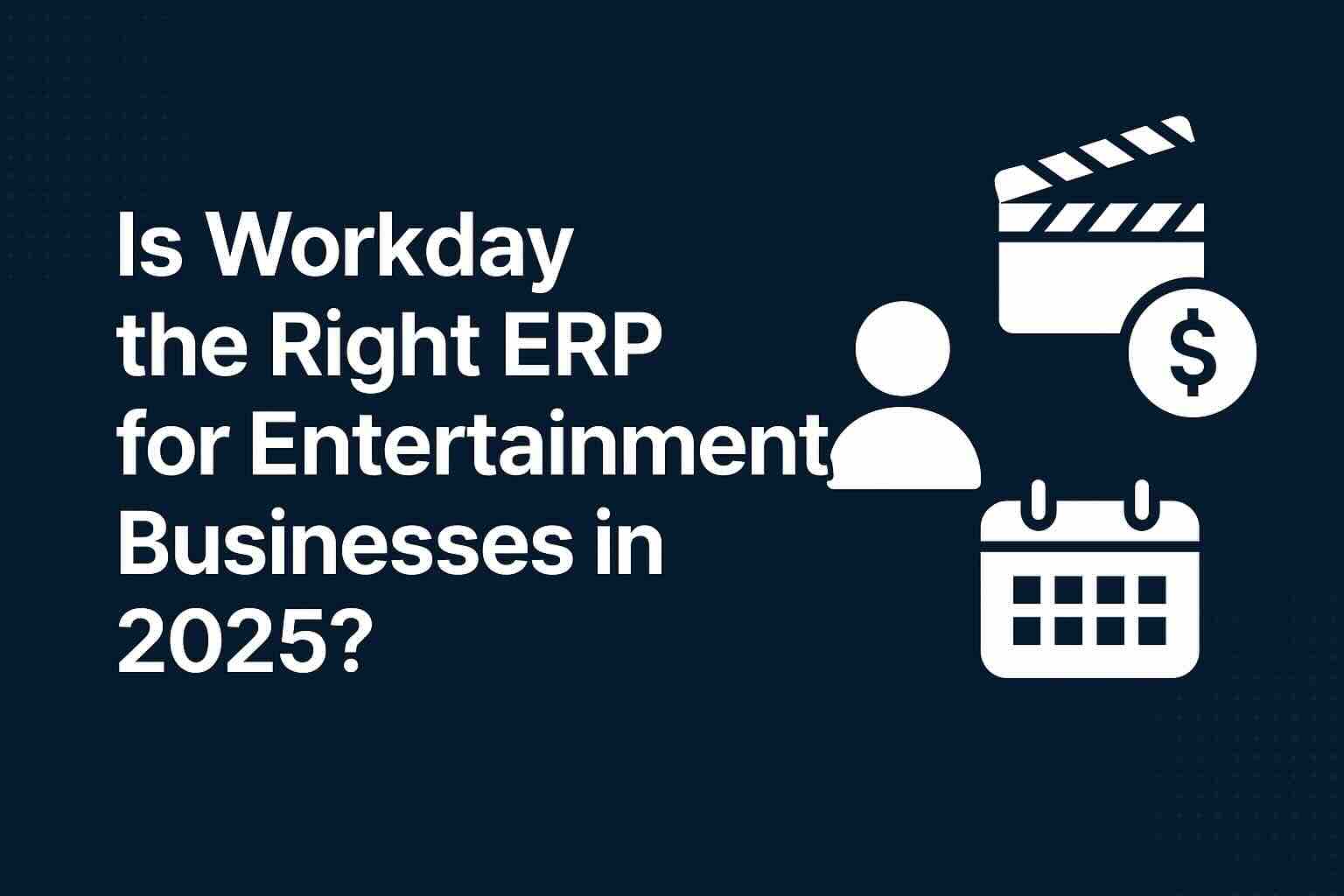IFS Cloud: A Game-Changer for Large Utilities Companies in Europe

In the rapidly evolving landscape of utilities in Europe, the need for robust, scalable, and future-proof enterprise solutions has never been greater. As companies grapple with increasing regulatory demands, the shift towards renewable energy, and the complexities of managing vast infrastructure, selecting the right Enterprise Resource Planning (ERP) solution is critical. Among the various options available, IFS Cloud emerges as a compelling choice, particularly for large utilities companies in Europe. This blog delves into why IFS Cloud stands out, focusing on its ERP, Field Service Management (FSM), and Enterprise Asset Management (EAM) solutions, and how it compares to other ERP vendors in the market.
Understanding IFS Cloud
IFS Cloud is a comprehensive enterprise solution designed to meet the needs of complex organizations across various industries. For utilities companies, it offers a suite of integrated applications that encompass ERP, FSM, and EAM. What sets IFS Cloud apart is its ability to deliver end-to-end visibility, control, and optimization of all business processes, from financial management to field operations and asset lifecycle management.
ERP for Utilities
The ERP component of IFS Cloud is built to handle the unique challenges faced by large utilities companies. It offers industry-specific functionality that supports everything from complex project management and financials to supply chain and human resources management. What makes IFS Cloud particularly suitable for utilities in Europe is its ability to adapt to the region’s stringent regulatory environment, including compliance with GDPR and industry-specific regulations.
IFS Cloud’s ERP solution is highly flexible, allowing utilities to customize processes according to their specific needs. It also supports multiple currencies, languages, and tax jurisdictions, making it ideal for large utilities that operate across different countries in Europe. The solution’s advanced analytics and reporting capabilities enable companies to gain real-time insights into their operations, helping them make informed decisions and improve efficiency.
Field Service Management (FSM)
Field service management is a critical component for utilities, given the industry’s reliance on vast networks of assets spread across wide geographical areas. IFS Cloud’s FSM solution is designed to optimize the management of field resources, ensuring that utilities can deliver reliable services to their customers while minimizing operational costs.
The FSM module in IFS Cloud includes advanced scheduling and dispatching capabilities, allowing utilities to assign the right resources to the right tasks at the right time. It also integrates with mobile devices, enabling field technicians to access work orders, inventory levels, and customer information in real-time. This not only improves the efficiency of field operations but also enhances the customer experience by reducing downtime and improving service reliability.
Furthermore, IFS Cloud’s FSM solution supports predictive maintenance, which uses data analytics and machine learning to forecast when assets are likely to fail. This enables utilities to perform maintenance proactively, reducing the likelihood of unexpected outages and extending the lifespan of critical infrastructure.
Enterprise Asset Management (EAM)
For large utilities, managing a vast array of physical assets is a monumental task. The EAM solution within IFS Cloud is designed to provide comprehensive oversight of the entire asset lifecycle, from acquisition and installation to maintenance and eventual decommissioning.
IFS Cloud’s EAM solution excels in providing a single source of truth for all asset-related data. It offers detailed tracking and reporting on asset performance, helping utilities to optimize maintenance schedules, reduce downtime, and improve the return on investment for their infrastructure. The solution also supports regulatory compliance by maintaining detailed records of asset inspections, repairs, and replacements.
A key advantage of IFS Cloud’s EAM is its integration with the broader ERP and FSM solutions. This integration ensures that asset management is not siloed but is part of a holistic approach to managing the entire business. For example, when an asset requires maintenance, the EAM system can trigger the FSM module to schedule a field technician, while the ERP system ensures that the necessary parts and budget are available.
Competitive Strength of IFS Cloud
When comparing IFS Cloud to other ERP vendors, such as SAP, Oracle, and Microsoft Dynamics, several factors set it apart, particularly for utilities companies in Europe.
- Industry-Specific Capabilities: IFS Cloud is built with a deep understanding of the utilities industry, offering specialized features that are often lacking in more generic ERP solutions. This industry focus means that utilities companies can implement IFS Cloud with fewer customizations, reducing both the time and cost of deployment.
- Flexibility and Scalability: Unlike some competitors, IFS Cloud offers a highly flexible and modular architecture. This allows utilities to scale their solution as they grow and to adapt quickly to changes in the regulatory or business environment. The cloud-based nature of the solution also means that it can easily accommodate new technologies and processes, ensuring that utilities remain competitive in a rapidly changing market.
- Integrated Approach: The seamless integration of ERP, FSM, and EAM within IFS Cloud is a significant competitive advantage. While other vendors may offer these functionalities, they often come as separate modules that require extensive integration efforts. IFS Cloud, by contrast, delivers a unified platform that ensures data consistency and streamlines business processes.
- Customer-Centric Innovation: IFS Cloud is known for its customer-centric approach to innovation. The company works closely with its clients to understand their needs and develop solutions that address their specific challenges. This focus on customer satisfaction is reflected in the high retention rates and positive feedback from utilities that have implemented IFS Cloud.
Conclusion
For large utilities companies in Europe, IFS Cloud offers a powerful, integrated solution that addresses the industry’s unique challenges. Its ERP, FSM, and EAM capabilities are tailored to the needs of utilities, providing the flexibility, scalability, and industry-specific functionality required to thrive in a competitive and regulated environment. When compared to other ERP vendors, IFS Cloud stands out for its industry focus, integrated approach, and commitment to customer success.
As the utilities sector continues to evolve, embracing digital transformation and sustainability, IFS Cloud is well-positioned to help companies navigate this transition and achieve long-term success.
By choosing IFS Cloud, utilities companies in Europe can ensure they are equipped with the tools needed to manage their operations efficiently, meet regulatory requirements, and deliver exceptional service to their customers. Click this link to find out more about IFS Cloud.
To compare IFS Cloud with 100s of other ERP solutions, you can use our new AI-powered Compare ERP tool. It’s free to use and you get a guaranteed discount on your first year’s licence fees with a referral from Compare ERP.









